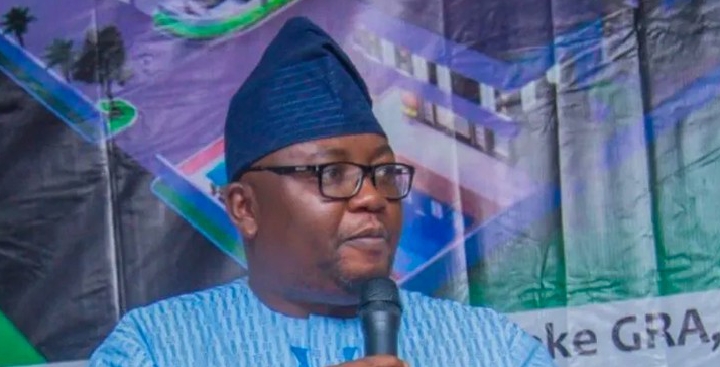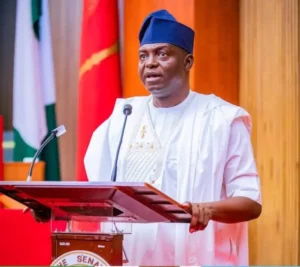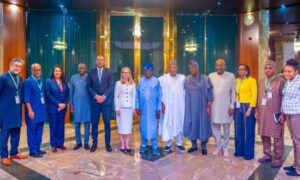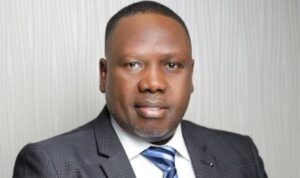Nigeria’s national power grid continues to struggle due to its outdated and poor condition, according to the Minister of Power, Adebayo Adelabu. During a budget defense session with the Senate Committee on Power, the minister explained that the grid has been prone to collapses, experiencing eight incidents in 2024.
He clarified that five of these were full collapses, while three were partial, caused by power generation issues. Adelabu stated, “The grid is very old and dilapidated. We are managing it while working on permanent solutions through the Presidential Power Initiative to revamp the system.”
Despite the grid’s problems, power generation saw significant progress in 2024, with an increase of 34%. The minister reported that power generation rose from 4,100 MW in 2023 to 5,528 MW by the end of 2024. This improvement was due to the addition of the Zungeru hydroelectric power dam, which contributed 700 MW, and increased output from other hydro and thermal plants.
However, the initial target of 6,000 MW was not achieved due to grid disturbances toward the end of the year. Adelabu noted that the shortfall was minimal and expressed optimism about achieving better results in 2025.
One major challenge affecting the grid is the Shiroro-Kaduna-Mando transmission line, which remains unfixed due to insecurity in the region. Efforts to repair it have been hindered by attacks on engineers by armed groups. Adelabu revealed, “Our engineers were chased away by terrorists and bandits. It was like a civil war.”
The failure to fix this line has placed undue pressure on the remaining functional lines, leading to frequent grid collapses.
The Federal Government has invested N12.7 billion to provide meters in military barracks across the country. Adelabu expressed hope for a better 2025 and promised to address the existing issues in the power sector.
Meanwhile, the Chairman of the Senate Committee on Power, Eyinnaya Abaribe, raised concerns about the inefficiencies of power distribution companies (discos). He called for a review of their contracts and suggested government intervention if the problems persist.
The minister concluded by reiterating the government’s commitment to improving the power sector and ensuring a stable supply for Nigerians.







